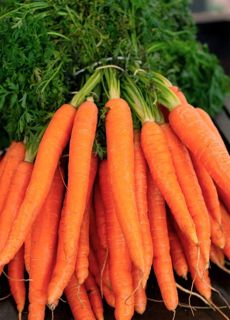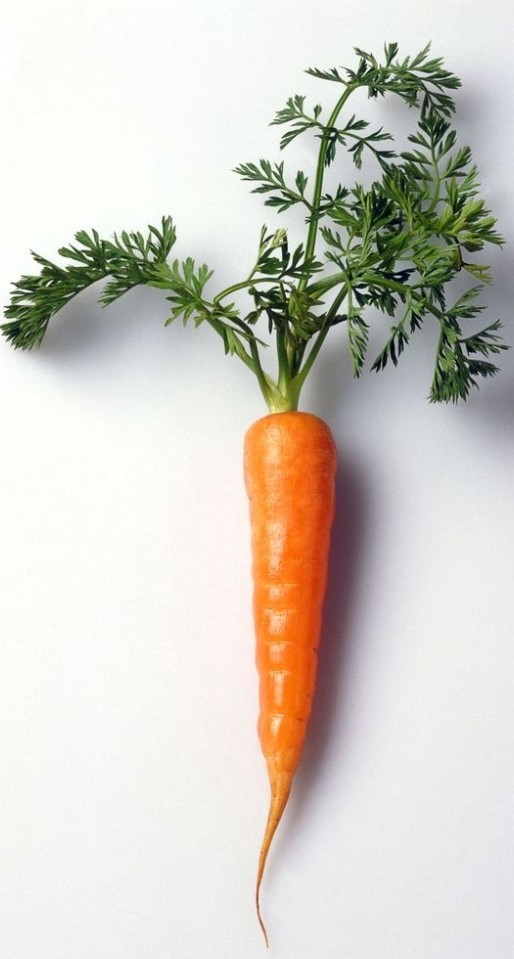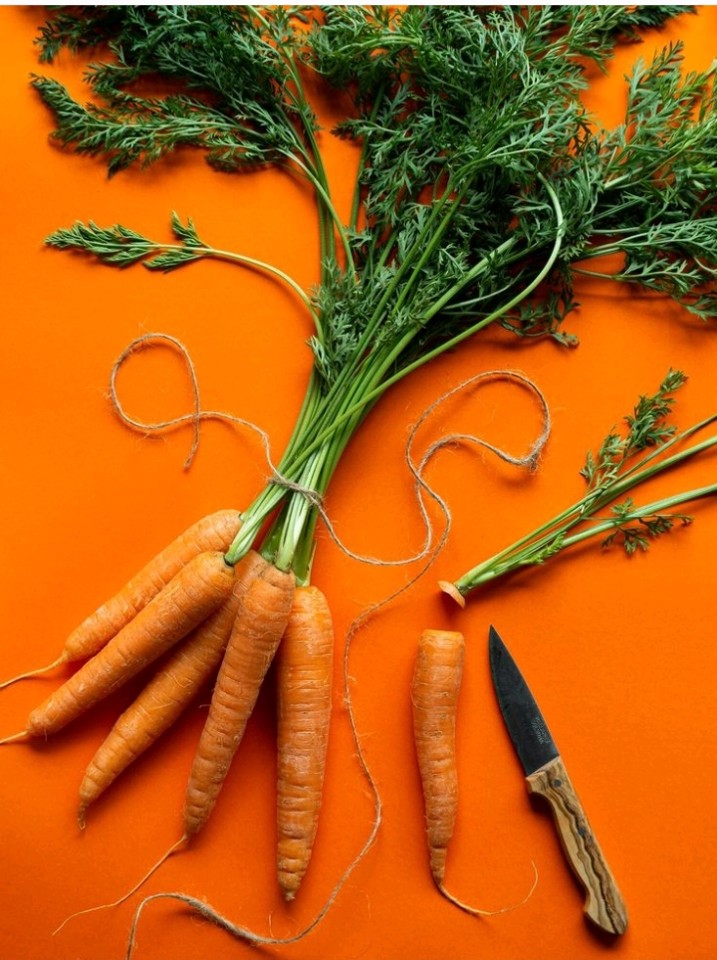Carrots: Nutritional Composition, Health Benefits, Frequently Asked Questions

What are Carrots?

A biennial root vegetable of the parsley (Apiaceae) family, the carrot is the Daucus carota species. All of this delicious, crunchy vegetable that resembles a finger is edible, but the term “carrot” is frequently used to refer to the crop’s tap root region, which is packed with vitamins, minerals, and nutrients like potassium, calcium, and C.
Even though some types of carrots are wild, the domesticated species—which are orange—that we eat are indigenous to Europe and the southwestern parts of Asia (Israel, Lebanon, Jordan, Yemen, and the United Arab Emirates), where people eat it as a traditional treat. The top three countries for carrot production worldwide as of 2019 were China, Uzbekistan, and the United States.
Nutritional Contents of Carrots
Daucus carota is rich in essential vitamins, fibre and minerals, which are necessary for human body building, reduction of blood sugar, coordination of the nervous system, and so much more. Based on each vitamin and nutrient, I outlined a detailed revelation of the secret contents of this miracle vegetable below. Read along, dearest.
Vitamin A- maintenance of healthy vision.
Iron- aid body immunity and body temperature regulation.
Vitamin B6- is responsible for making antibodies needed to combat diverse viruses, diseases and infections, maintaining blood sugar and aiding optic nerve functions.
Magnesium- is an essential nutrient that aids muscle coordination and maintenance of blood pressure.
Calcium- strengthens the bone and teeth, and prevents cardiovascular diseases and stroke.
Vitamin C- boosts immunity and protects memory during growth.
Potassium- regulates heartbeat and muscle contractions.
Carotenoids- prevents abnormal cell growth (cancer).
Fibre- Prevents constipation and improves digestion.
Vitamin K- aids the process of blood clotting.
Isn’t this amazing? Although the percentage of the above isn’t stated, Carrot contains these nutrients in adequate amounts.
What Are The Health Benefits of Carrots?
1. Weight Loss
Carrots are highly rich in fibre and recommended for individuals on the journey to weight loss. According to a culinary dietician, Marisa Moore, L. D, fibre reduces the rate of digestion, making you feel satisfied after eating very little, hence reducing the amount of food you consume daily.
2. Protection of The Eyes
Vitamin A, which maintains healthy eyesight, is a vital constituent of carrots. Consuming carrots protect the eyes from diseases caused by ageing, night blindness and defects such as shortsightedness, hypermetropia, etc.
3. Growth of Cancerous cells
Carrots contain carotenoids (the pigment responsible for its unique colour) which affect cell functions, hence inhibiting the formation of tumours or abnormal cell growth in parts of the body such as the liver, ovary, breast and skin.
Other health benefits include:
4. Prevents cardiovascular diseases
5. Maintenance of the skin
Frequently Asked Questions About Carrots
Where Did The Name Carrot Originate?
This naming of this vegetable can be traced back to the early Indo-European origin where it was called ker which means horn due to its horn-like appearance. The name "carrot" was first used in English around 1530 and was acquired from the Middle French nomenclature carotte, which was derived from earlier modifications of the name by the Romans and Greeks.
Why Are Your Carrots Becoming Pale?
Carrots are root veggies and need water to remain healthy and fresh beneath the soil. Once they become pulled out of the ground they begin to lose water to the environment. When carrots stay for a long period without proper storage or consumption, they become pale and then decompose.
Are All Carrots Orange?
There are different colours of carrots not just orange. There are purple, yellow, pink, black and even red carrots. What gives a carrot its colour is the phytonutrient (carotenoids) it contains.
Finally, dear reader, why not grab your purse, rush to the local market, grocery store or stalls and buy some carrots to snack on? Your health is all that matters.
Follow Sophie Sylvia to stay updated on their latest posts!

